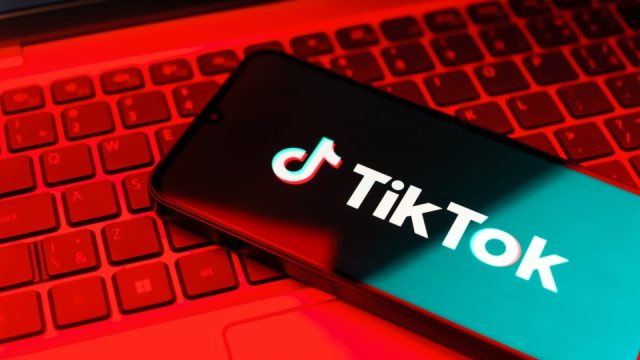
It is sometimes said that social media will kill literature. It is said that audiobooks will kill physical books. And it is said that young people are reading less and less. Fortunately, it is not that simple.
It is true that the internet, AI and social media are affecting literature and literary consumption. Multimedia screens offer a form of stimulation that the written word cannot compete with.
But does that mean that literature will die? That no one will read? Of course not. It is even true that the internet and social media can spread a love of reading and inspire young people to open books instead of looking at screens. Not everyone will read literature. But not everyone has ever done so. It is easy to idealize older times. Back then, before the internet, and perhaps even before television. But not everyone read then and not everyone will in the future either.
The question we should ask ourselves now is whether classic literature, and the classic book, will survive the internet, audiobooks, social media and AI. The answer seems to be yes.
In 2024, something happened that surprised many in the book and literature industry in Sweden. The number of physical bookstores increased for the first time in a very long time. In the same year, a record was reached in the number of books sold (including digital books). Trends can go up and down. They are affected by inflation and previously also by the pandemic. But the pattern is clear. Reading has not decreased. In addition, many can enjoy audiobooks of famous works on Youtube without this being included in the statistics.
Something that seems to have had a positive effect on the interest among young people in literature and physical books is what is called “Booktok” on Tiktok. Here, ordinary young people review the books they read. They discuss books and spread knowledge about books.
In an article in the Swedish newspaper Svenska Dagbladet, Rutger Brattström writes that this interest on Tiktok for real literature is connected to the interest that exists among young people today for “dark academia”. According to Brattström, bookstores are noticing the great number of young people coming in and asking for books they have read about on Tiktok. Some bookstores have even set up special shelves for the books that are currently trending on Tiktok.
As a former academic and literature lover, I am delighted to read the following in Brattström’s article: “Dark Academia is an aesthetic that romanticizes literature, art and academic studies. It is now desirable to be an intellectual like the characters in the film “Dead Poets Society” or the book “The Secret History”. The unexpected has happened: Reading and education have become cool in certain young circles – like hanging out in a real bookstore.” We humans will not be content with just consuming simple stimuli. The special experience of sinking into a physical book and feeling that life becomes something more and greater than it was before reading will appeal to people in the future as well.
And it may not be a coincidence that it seems to be romantic literature that young people want to read. After the progress of rationalism and faith in the 18th century, writers and readers turned to a world of subjectivity and mystery. Then the great and broad cultural movement that we call Romanticism arose. And now, after a period of internationalism and belief in universal values and solutions (freedom, equality, liberalism), the subjective, the mysterious, the irrational will probably return.
So even if many young people do not read it.



 Subscribe
Subscribe